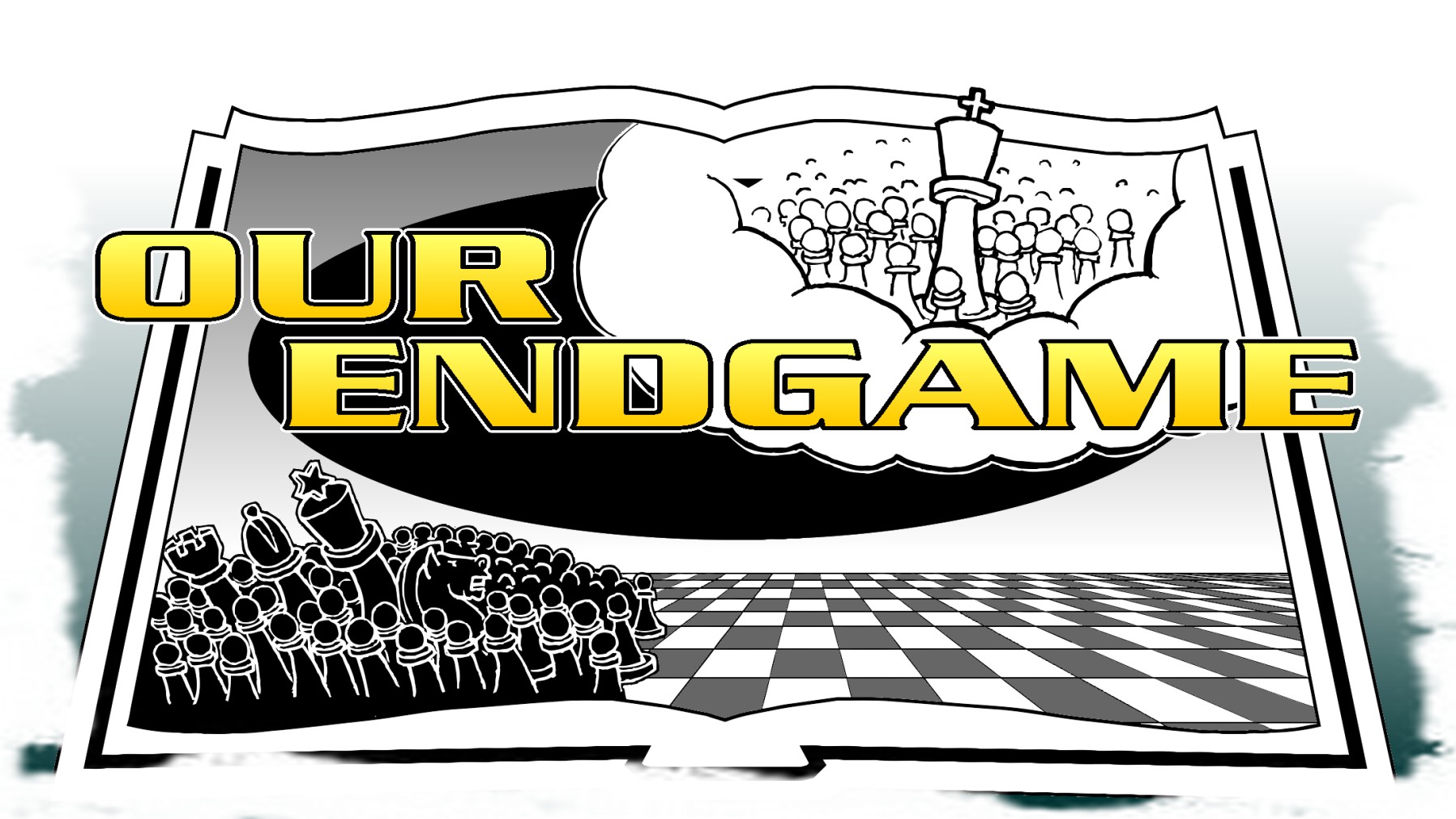He says: “In an acceptable time I have heard you, and in the day of salvation I have helped you.” Behold, now is the accepted time; behold, now is the day of salvation.
— 2 Corinthians 6:2
There are two meanings in the English word “time.” The ancient Greeks, however, who were much more perceptive than ourselves, had two different words that corresponded to our one word “time.”
The first word for time in Greek is chronos, which means time as movement, time as sequence, time as the future moving through the present and becoming the past; it is time on the move—such as chronic, chronicle, and chronology. We call an illness chronic if it lasts a long time. A chronicle is an account of events through a sequence of time. Chronology is the measure of time. It can be “accounted for.” Time that cannot be measured is not chronos.
In addition to quantitative chronos, the Greeks also spoke of time as a moment, as occasion, as qualitative, rather than quantitative, as significant rather than as quantifiable. This second word for time is kairos. Strictly speaking, we don’t measure kairos. We don’t ask someone, “How much Christmas did you have?” We ask, “What sort of Christmas did you have?” With kairos we use the category of qualis rather than quantum. Kairos is quality rather than quantity.
The reason that time in the sense of kairos cannot be measured is because it is always a now. Now is always too small to measure. It actually exists. By the time you stop to measure now, now is already gone.
Chronos does not exist. Chronos deals with the past and future, neither of which exists. Chronos, then, is an image of non-existence, of chaos, an image of death, what the Bible calls the “bottomless pit.” The realm of death, Hell, is the constant, unending experience of the absence of God.
Kairos, however, is not measurable, and is eternal life. To experience now, one must be alive. Now, the kairos, is life, heaven. Eternal life is an everlasting now, in which there is no sensation of sequence, no experience of before and after.
Eternal life is not a long time. There is no length to it at all. Nothing elapses. In eternal life there is no quantity; there is only quality. There is no “how much,” but only “what sort?”
When we’ve been there ten thousand years,
Bright shining as the sun,
We’ve no less days to sing God’s praise,
Than when we’ve first begun.
This brings us to the moment of the heart. The only time that can be wasted is the present. The only time we can make decisions is now. Now is the only time that really counts; the only time we have to determine the texture of our hearts.
Now is the time of which Paul speaks in 2 Corinthians: “In a favorable time (kairos dekto) I listened to you, and in a day of salvation I have helped you. Behold, now is the most favorable time (nun kairos eupróskektos); behold, now (nun) is the day of salvation.”
In God’s eyes the only time we ever really have is now. Only the fool imagines that he has a guarantee of future times. In truth, not one of us knows if he has a single second beyond right now. The present moment is not open to recovery. We can never come back to it—through all eternity we will never recover a single moment of time.
Now is the only time we have available to give shape and texture to our hearts. The great temptation is hardness of heart. This is the message in Hebrews 3:
Therefore, as the Holy Spirit says, “Today, if you hear his voice, do not harden your hearts as in the rebellion, on the day of testing in the wilderness” (v. 7–8). Take care lest there be in any of you an unbelieving heart, leading you to fall away from the living God. But exhort one another daily, as long as it is called today, that none of you may be hardened by the deceitfulness of sin (v. 12–13).
It is always now that the Lord speaks, and only now that the heart can attend to His voice.
— Patrick Henry Reardon
Note: The Greek word chronos was used for time in Revelations 10:6, “And swore by him that lives forever and ever, who created heaven and everything in it, and the earth and everything in it, and the sea and everything in it, that there should be time no longer,” while the Greek work kairos was used in Revelation 1:3, “Blessed is the one who reads aloud the words of this prophecy, and blessed are those who hear and obey what is written in it, because the time is near.”
– ~ –
So often we mortgage our happiness to the circumstances we are currently experiencing, but we are citizens of heaven, and that changes everything.
We are not citizens of this world trying to make our way to heaven, we are citizens of heaven trying to make our way through this world. That radical insight can be life changing. We are not to live as to earn God’s love and inherit heaven and purchase our salvation. All those are given to us as gifts.
Rather we are to live as God’s redeemed, as heirs of Heaven, and as citizens of another land, the Kingdom of God. We live as those that are on a journey home. That means that in all adversity our worship of God is joyful, our life is hopeful, and our future is secure. There is nothing we can lose on earth that will rob us of the treasures God has given us, and will give us.
— Tim Keller
No man can step into the same river twice, for the second time it’s not the same river, and he is not the same man.
— Heraclitus
